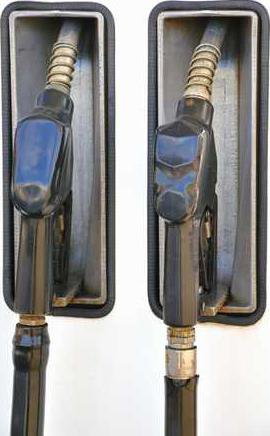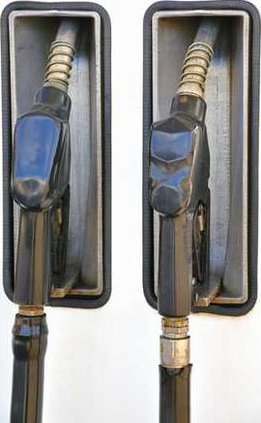According to the Georgia Municipal Association, under a Senate Transportation Committee revision of HB 170, motorists would pay an annual “highway user impact fee” of $25 on passenger vehicles and $50 on trucks and buses. The fee would be collected when tags are renewed each year.
The Senate version would also add a $5 state fee on renting cars, an annual $200 user fee on privately owned electric vehicles and $300 user fee on commercial vehicles.
And, it would do away with a $5,000 state tax credit for those who buy electric cars.
Controversial legislation that could change the way Georgia funds its transportation infrastructure has undergone another change – this one less damaging to local government coffers, officials say.
A Senate Transportation Committee version of House Bill 170, the highly publicized Transportation Funding Act of 2015, would continue to allow cities, counties and school boards to collect local sales taxes at 1 percent up to a point, and doesn’t restrict how those revenues can be spent, according to the Georgia Municipal Association, which supports this latest version of the bill.
That’s good news in a county where four local governments – Richmond Hill, Pembroke, Bryan County and Bryan County Schools -- rely on the sale of fuel for more than a third of their budgets.
“We’re an outlier in the region, clearly,” said Bryan County Administrator Ben Taylor, who has been keeping tabs on the bill since it was introduced in February. “With 33 percent of our LOST (local option sales tax) and SPLOST (special purpose local option sales tax) generated from motor vehicle fuel sales … we stand a chance of being left out in the cold on this unless we make our voice known, loudly and clearly.”
A previous incarnation of HB 170, which has passed the House, stripped sales taxes from fuel and replaced them with a per-gallon excise tax of 29.2 cents per gallon, which would go to the state in an effort to raise about $1 billion annually to help pay for transportation projects.
And under previous versions, Bryan was among the 14 counties hardest hit by the plan as it passed the House. As recently as March 10, Taylor projected the county would lose nearly $500,000 in LOST revenue alone.
And because the bill would limit the spending of sales taxes collected on fuel to transportation projects, that would require local governments to spend nearly a third of their tax revenue – currently used for a wide range of capital projects, including new schools – to transportation projects.
That restriction could cut local spending on construction, public safety, water and sewer and the development authority by more than $3 million through the current SPLOST cycles.
There have been variations on that theme in recent weeks, which has led local officials to call HB 170 a “moving target.”
“It’s about like the weather in some parts of the bill,” Taylor said. “Except the weather’s more predictable.”
Any changes to HB 170 approved by the Senate would require the bill to go back to the House, and the governor still has to sign off on the legislation before it becomes law.



